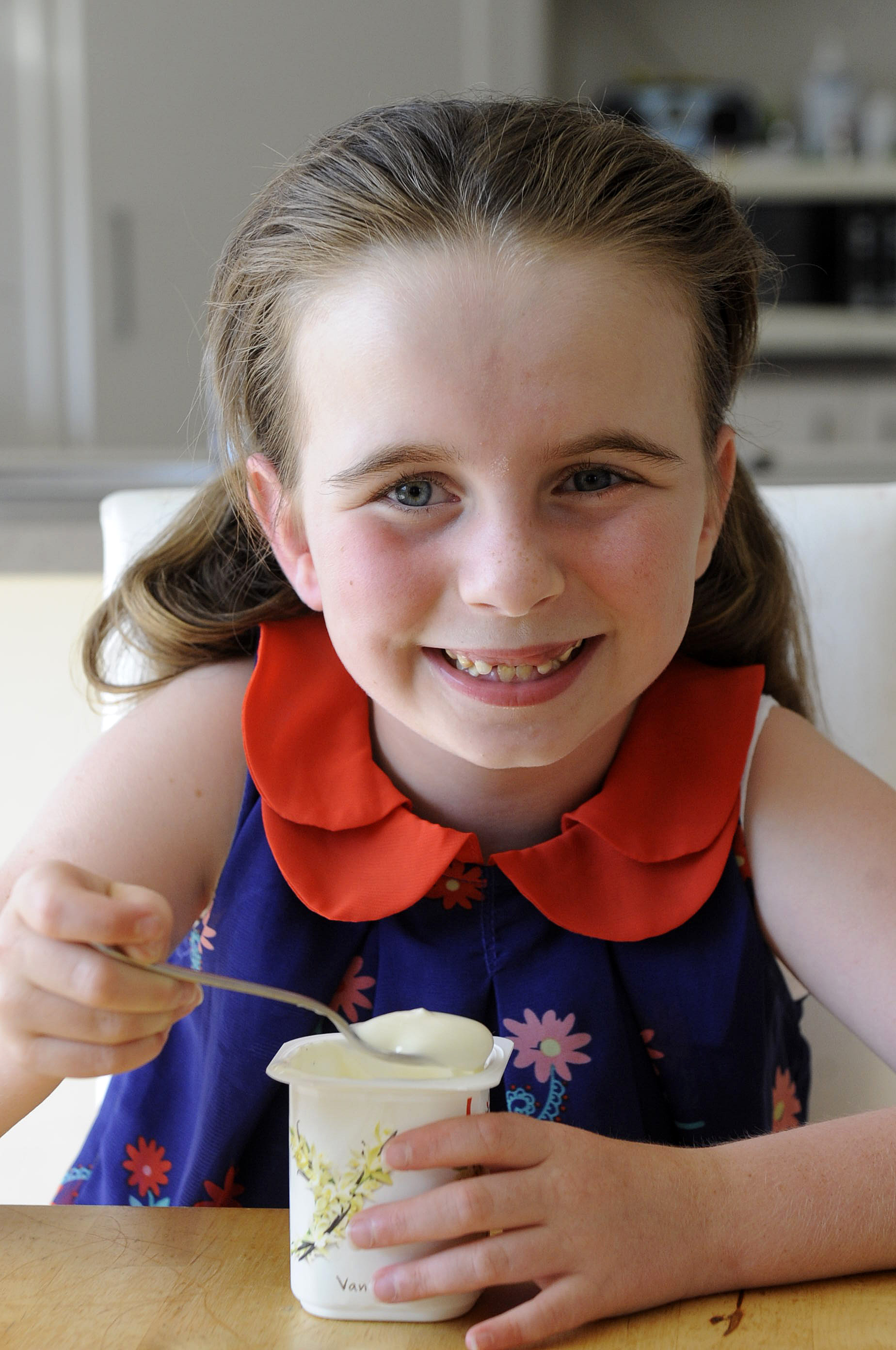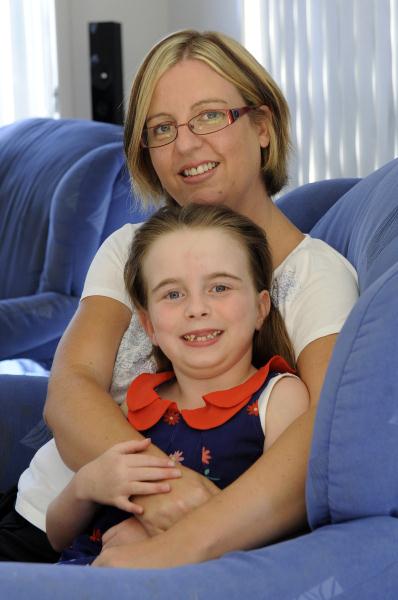By BRIDGET COOK
IT WASN’T too long ago that the tiniest crumb hitting Cranbourne youngster Emma Coles’s mouth caused her much distress.
So it is understandable that she now eating two meals a day, consisting of soup and yogurt, has caused much excitement for her family and therapists.
The meals are the first solid food Emma, 7, has eaten since 10 months old after a prolonged battle with severe food aversion.
Emma was born premature at 27 weeks and began refusing all solids at 10 months of age before doctors soon diagnosed her with a severe food aversion.
This is a condition which causes her to become distressed by the sight, smell, touch and taste of food.
Emma has been receiving individual therapy sessions at Peninsula Health with her speech pathologist Danielle Surwald since 2007 and has significantly helped improve Emma’s feeding habits.
“Emma’s food aversion appeared to have been caused by difficulties with processing sensory information such as smell, touch and taste,” Ms Surwald said.
“Consequently, as a young infant, Emma made strong associations between eating and negative experiences, feeling uncomfortable and nauseous, and developed a fear or phobia around food and eating.”
Emma is now eating two small meals a day, with her lunchbox consisting of soup and yoghurt.
Such progress has meant that she now requires only one specially fortified formula drink during the school period, a distinct improvement over her previous formula-only diet.
Emma is also learning how to bite and chew more solid foods and gaining confidence in these new skills.
In addition to treatments with Peninsula Health, Emma also underwent a comprehensive food education program at a dedicated sensory therapy centre in the United States at the beginning of 2012.
Ms Surwald said the specialised non-profit centre provides children and their families with education about sensory regulation, social engagement and coaching.
“During her time at the clinic, Emma underwent an intensive program through which she achieved numerous feeding, physical and sensory tolerance goals,” she said.
“Most significantly, Emma gained the ability to hold and play with food products as well as sitting at a table with food without high levels of stress or anxiety.”
Ms Surwald said they would continue to fight to overcome Emma’s ongoing aversion to eating and although a slow process, key progress would continue to be made.


















